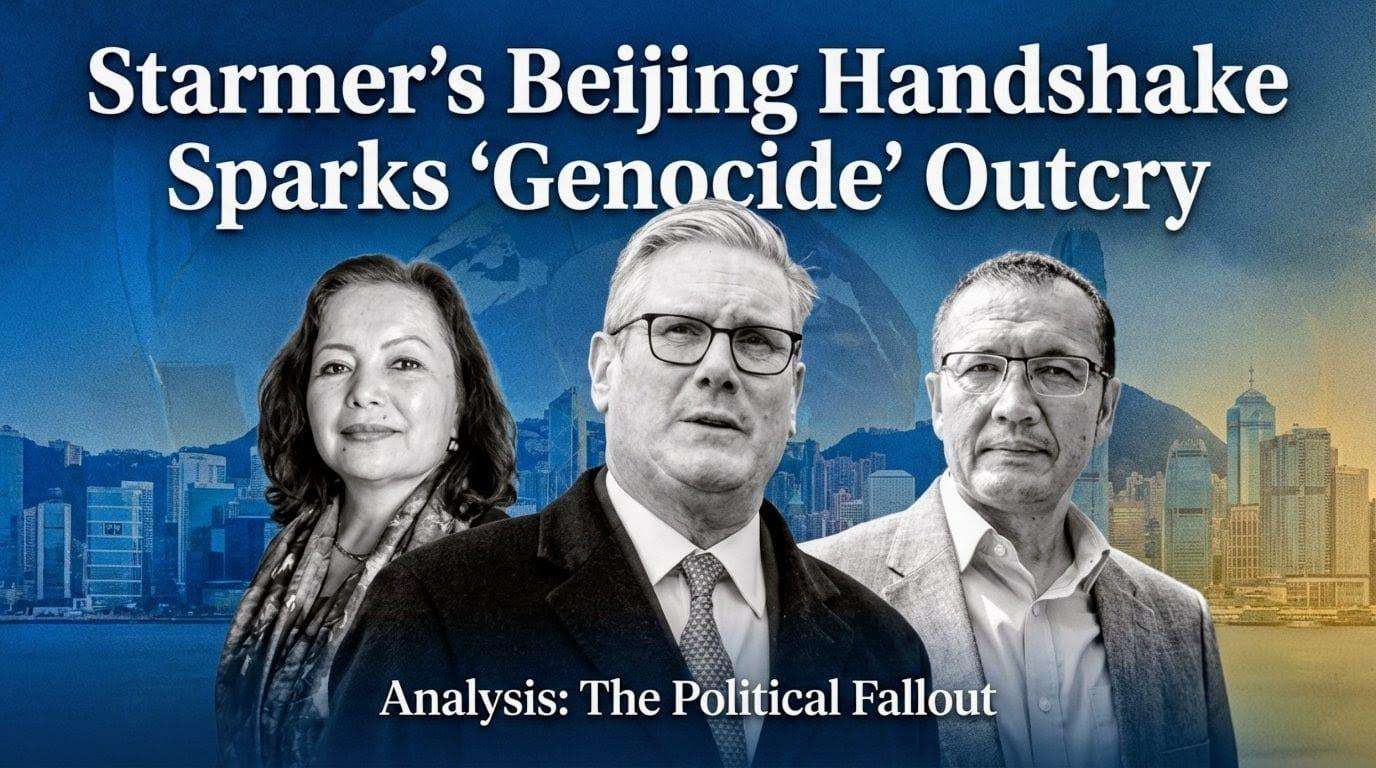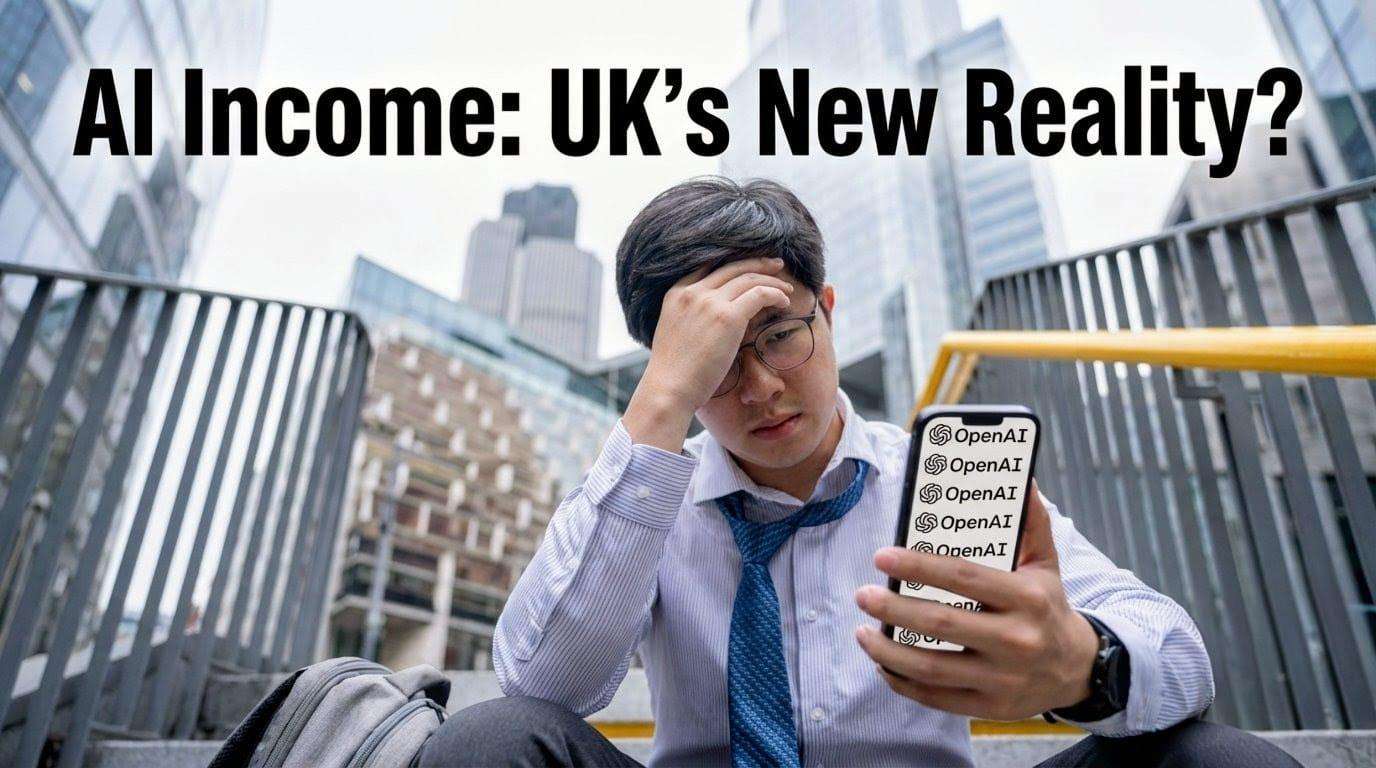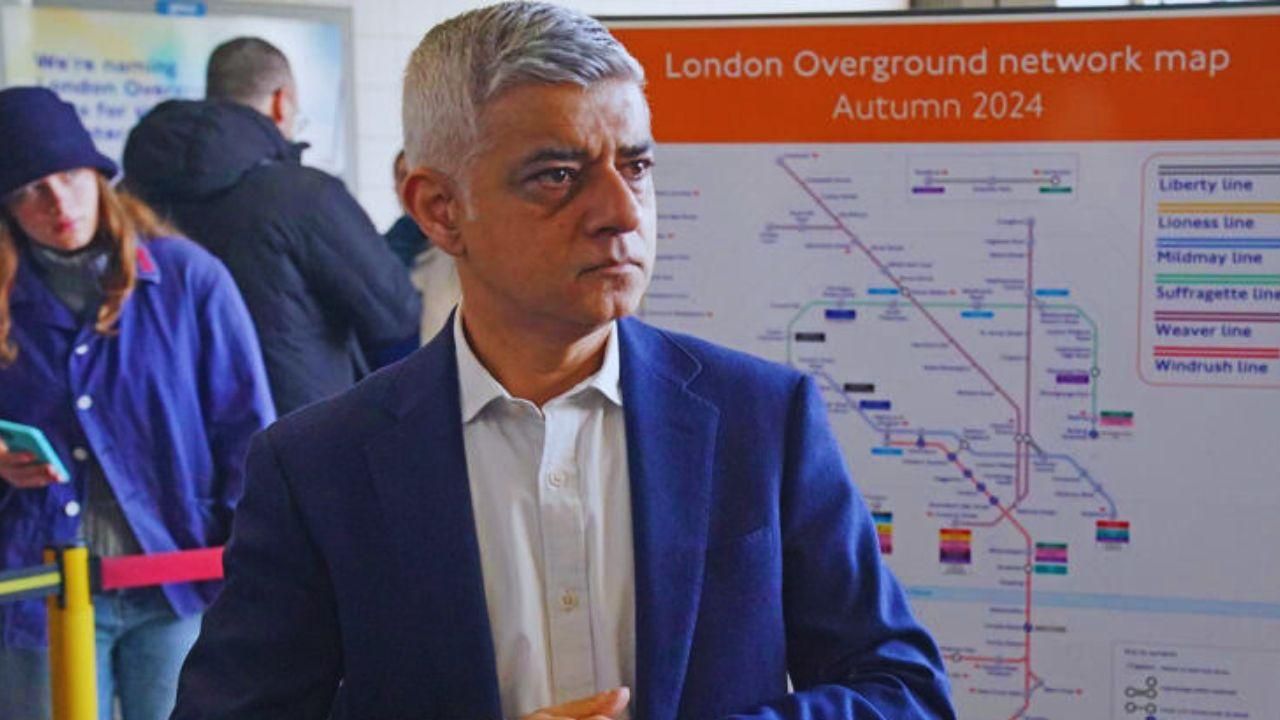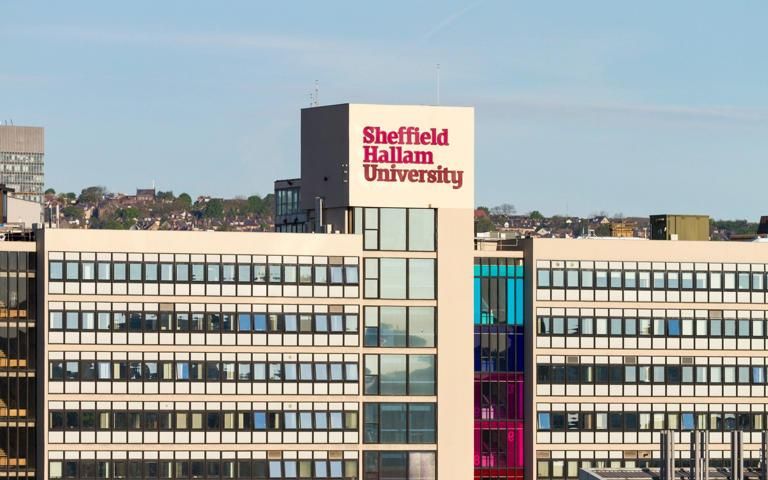According to a significant analysis, the increase in food bank use is being fueled by a problem of loneliness. Five out of ten people who use food banks report that they have no relatives or friends to help them.The government runs the risk of creating a "dependency culture" by making food aid subsidised by about £200 million annually, according to the Centre for Social Justice. "Loneliness and social isolation" are among the "root causes" of food bank use that the powerful think group urges ministers to address,The Daily Dazzling Dawn understand.Polling by Whitestone Insight found three in five people who have used a food bank in the last year expect to do so again this Christmas.
People who use food banks were shown to be "significantly lonelier" than the general population. Just one in four people who use these services (26 per cent) say they never feel lonely, compared to two in five adults in the general population (40 per cent).Thirty-nine per cent of food bank users live alone, compared to just 22 per cent of all adults surveyed.
Senior researcher Josh Nicholson warned the country is "in danger of institutionalising emergency food aid," adding: "In their traditional format, focused solely on the distribution of free food, food banks can only address the symptoms of failing social and economic life."The CSJ reports that in 2022-23 2.3million people lived in a household that had used a food bank in the last 12 months - the equivalent of 3.4 per cent of the UK population. This is an increase of 200,000 on the year before.
It wants an "end the bad practice of referring people to food banks without any attempt to address the underlying crisis".
The CSJ recommends that "public money is only given to food banks that operate a referral and registration process for their service users".
Helen Barnard, director of policy of the Trussell Trust - a "community of food banks" with 36,000 volunteers - said: "We urgently need to tackle the root causes of the appalling levels of hunger and hardship we are seeing across the UK, and food banks are not the right long-term solution."
She said that the "most significant driver of hunger and hardship" is "people being trapped on incomes so low they can't afford essentials like food and bills".
Ms Barnard added: "One in four of people who are referred to food banks in the Trussell community are experiencing severe social isolation, stating that they have contact with relatives, friends, or neighbours, less than once a month or never."
Denise Bentley of First Love Foundation, which works to tackle poverty, writes in the foreword to the report: "When I first established a food bank in Tower Hamlets in 2010, one of the most deprived boroughs in the country, I believed we were addressing the urgent and visible issue of hunger. However, it quickly became evident that hunger was merely a symptom of a far deeper crisis."She said the people who sought help faced challenges that "extended far beyond material deprivation" and included "profound social isolation and the erosion of their dignity".
A spokesperson for the Halifax-based Noah's Ark Centre said the "true need is not a food parcel" but "money advice," adding: "You are letting people down if you are just giving food away."
A Government spokeswoman said: "We know that people who live in more deprived areas are at a higher risk of experiencing chronic loneliness and that individuals living in low income households are more likely to access food banks. The mass dependence on food banks is unacceptable - that's why we've extended the household support fund again to help struggling families with the cost of essentials.
"Alongside this, we are increasing the national living wage, uprating benefits and helping over one million households by introducing a fair repayment rate on universal credit deductions."








.svg)



